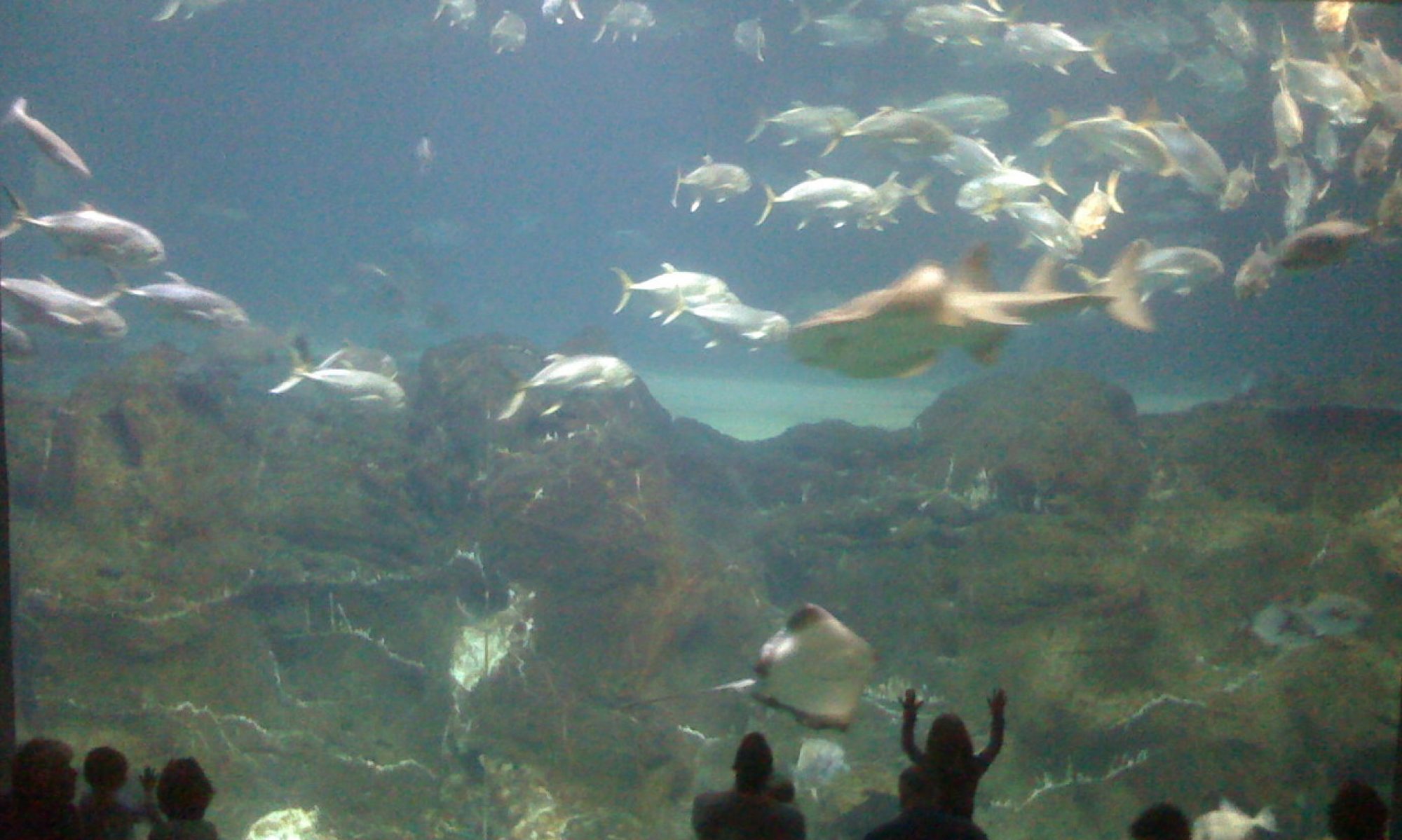Preparation of Environmental Educators
Preparation of environmental educators is understudied and lacking at the undergraduate level. Often, preparation of environmental educators only involves ecological content knowledge. What is lost when educators are not taught learning theory, critical theory, or social psychology? How does teaching environmental education about curriculum design shift their teaching practice?
Environmental Decision-making
Individual decisions about environmental sustainability have collective and long-term effects, yet the connection between knowledge construction and decision-making processes is not well understood. Does coherence or integration of cognitive scientific constructs have lasting decision-making impacts? To what extent does decision-making map onto other scientific process abilities such as argument construction or use of scientific evidence? What is the connection between decision-making and pro-environmental behavior?
Integrating Formal (Classroom) and Informal (e.g., aquarium) Learning
Research in science education indicates that out-of-school experiences (e.g., visits to research sites, museums, aquariums, etc.) contribute significantly to learners’ interests in and understanding of science. How can we design holistic curricula, incorporating curricular design with exhibit or field trip design, which promote knowledge integration? How can we best leverage technology to mediate science learning across formal and informal learning contexts? How can mobile technologies, such as handheld devices and wireless networks, improve learning “in the moment?”
Use of Scientific Data in Science Learning
Environmental scientists rely more and more on new technologies, especially real-time data, to make sense of the complexities of their research domain. How can we bring these technologies and the real-time data they collect into classrooms in a meaningful and effective manner? What technological tools can be utilized or designed that promote evidence-based decision-making by students?

